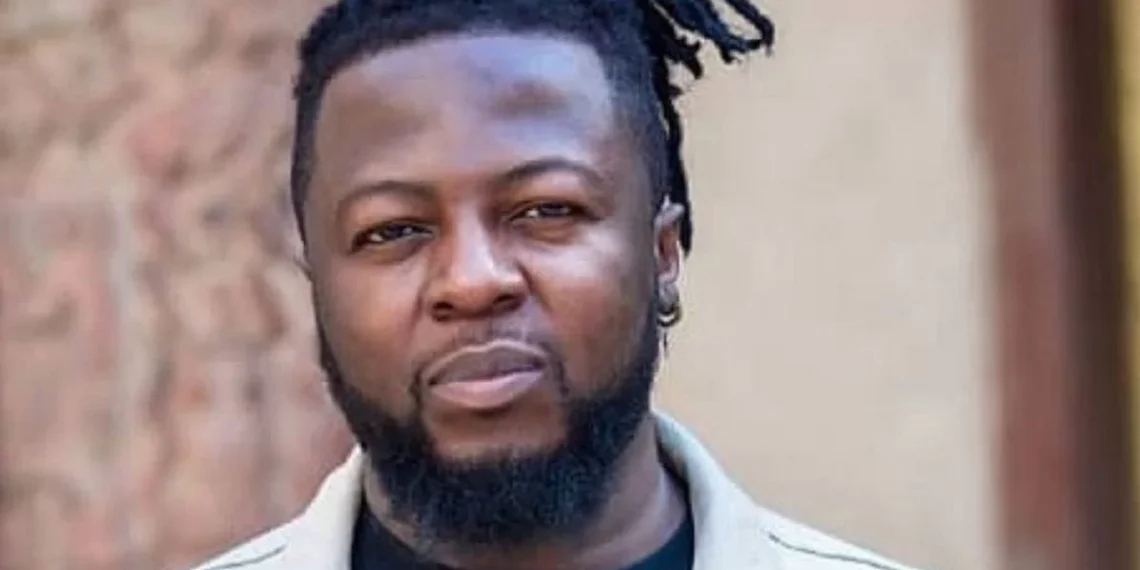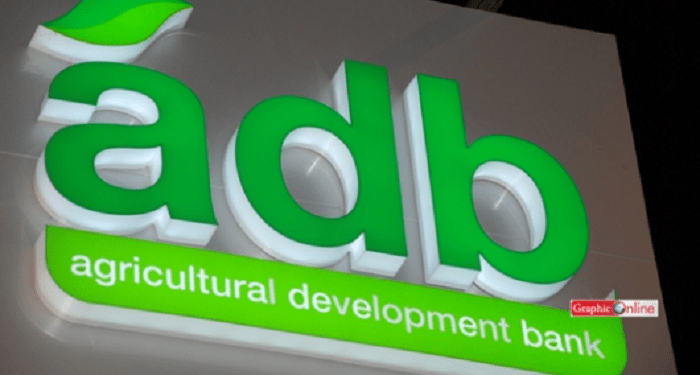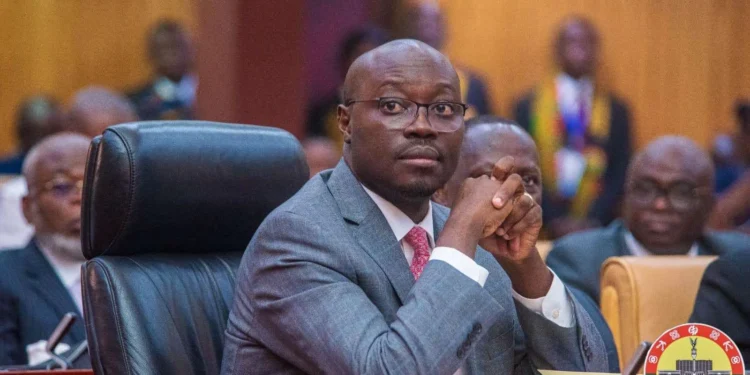The perception that there’s no money in the music industry in Ghana is a common misconception perpetuated for years.
While Ghana’s music industry faces many challenges, including piracy, lack of proper infrastructure, and small market size, there are still opportunities for artists to make a living from their music.
Many artists in Ghana do not have proper management or financial literacy, which leads to them being taken advantage of by record labels, event organizers, and other industry players. This lack of transparency has created a perception that musicians in Ghana are not making money from their music.
Illegal downloading and sharing of music is a major issue in Ghana, which means that artists are not able to fully monetize their music. This has led to many artists struggling to make a living from their music, further perpetuating the belief that there’s no money to be made in the industry.
However, despite these challenges, there are still opportunities for artists to make money in the music industry in Ghana.
Ghana has a vibrant music scene, with many music festivals and events happening throughout the year. Artists earn money from performing at these events, as well as from selling merchandise and other products.
Many companies in Ghana are looking to collaborate with artists to promote their products and services, which is a lucrative source of income for musicians.
Additionally, with the rise of digital streaming platforms, artists in Ghana now have the opportunity to reach a global audience and earn money from their music. Platforms like Spotify, Apple Music, and YouTube allow artists to distribute their music worldwide and earn royalties from streams and downloads.
Ghanaian musician,Guru has debunked the popular opinion that there is ‘no money’ in the music industry.
Guru, whose real name is Maradona Yeboah Adjei, shared his insights on the importance of taking advantage of the business side of the music industry.
According to him, while fame is a given in the industry, understanding the business side is crucial.
“You are always assured of the fame, which is a guarantee. But the business aspect, that’s why we have the show and the business. If you understand the show, the show has become expensive. So you need to establish business-minded people, people who understand the business aspect of it.
“It is very important because it’s not just about coming on stage and performing. The business aspect as in being able to target the corporate entities. They pay a lot; so if you’re able to attract them, they will come for you. It doesn’t matter the type of music you’re doing.”
Guru
While there are certainly challenges facing the music industry in Ghana, there are still opportunities for artists to make a living from their music.
By taking advantage of live performances, brand partnerships, and digital streaming platforms, artists in Ghana overcome the perception that there’s no money in the industry and build successful careers for themselves.
Artists Losing Finances Due to Bad Company

The phenomenon of artists losing their finances due to the company they keep is unfortunately not uncommon in the entertainment industry.
In many cases, artists surround themselves with individuals who take advantage of their success and wealth for personal gain. This includes managers, agents, friends, or family members who mismanage funds, exploit the artist’s trust, or engage in unethical practices.
To mitigate the risk of financial loss, artists should prioritize building a strong support team of trusted professionals, such as financial advisors, lawyers, and accountants, who have their best interests at heart.
Artists need to educate themselves about financial matters, maintain a clear understanding of their earnings and expenses, and actively monitor their financial accounts to detect any irregularities.
Additionally, establishing clear boundaries and communication with those in their inner circle helps artists protect their financial well-being. Setting up legal agreements, such as contracts and agreements, also provides a level of protection and clarity in financial transactions.
Addressing the occurrence of artists losing their finances due to the company they keep,Guru highlighted the significance of empowering those around him.
“You need to empower your space. You have to teach them. I gave people around me a chance. As a young boy, you don’t know anything coming from Zongo; nobody cares about you. So I needed to empower my space, making sure that my friends were put into positions.
“Some became my personal assistants; even a cab driver who used to take me to the studio became my personal driver and later my personal assistant. I even brought in a friend who used to help me out with going to the studio, and he became my personal manager. So it’s all about trying to empower people.”
Guru
Maintaining financial independence and making informed decisions about money management is crucial for artists to safeguard their finances and ensure long-term success in their careers.
READ ALSO: Atlantic Lithium Extends Winning Streak Amid Active Trading on GSE























